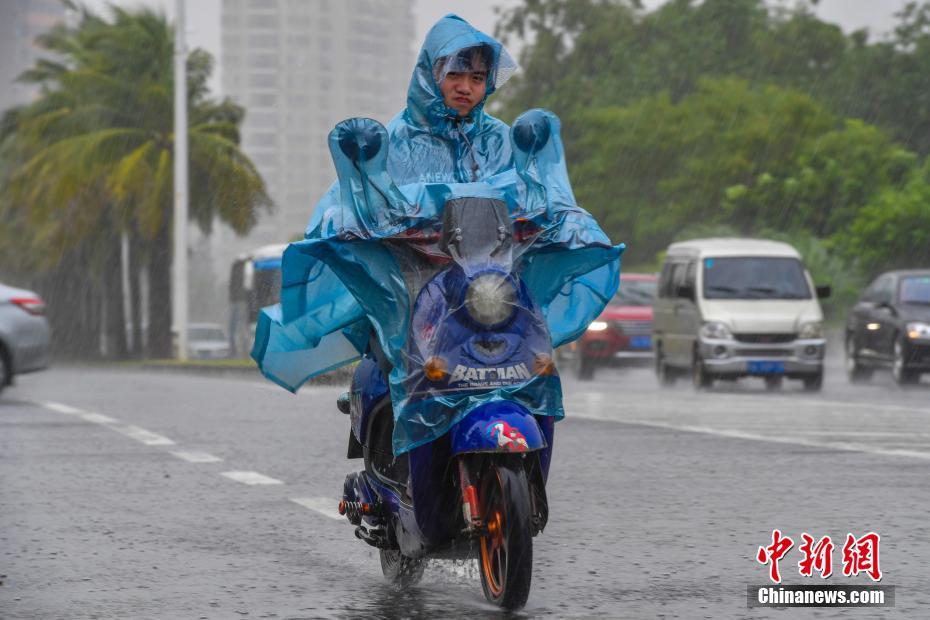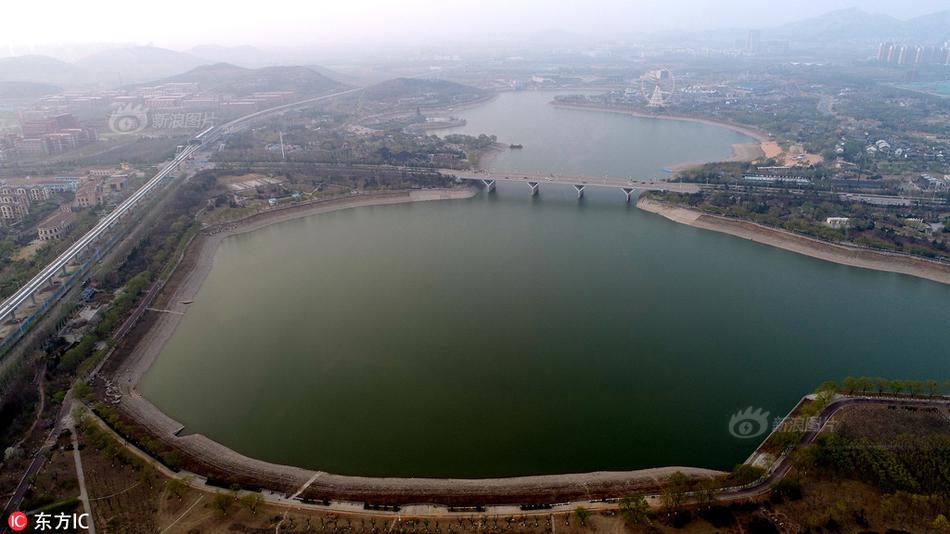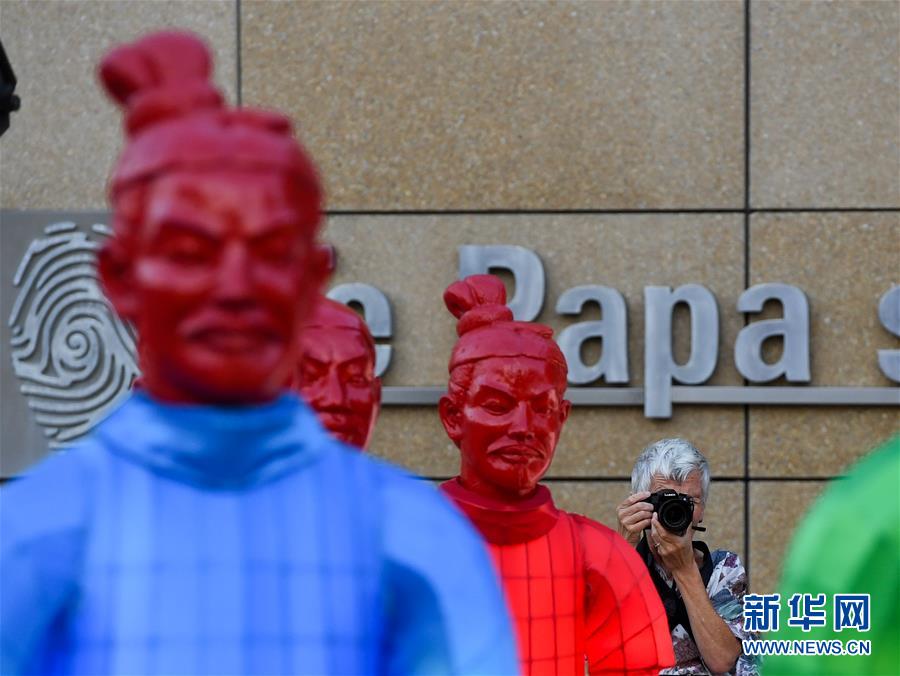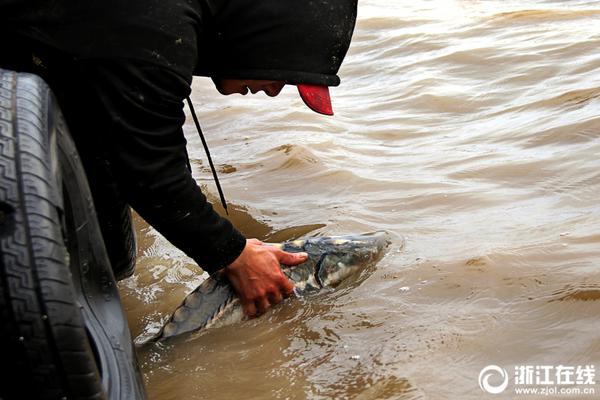Collins Dictionary,Watch Workplace Picnic Goal Online publishing dictionaries now for two centuries, announced its 2019 "word of the year" on Thursday.
It's a term whose usage increased by a whopping 100-fold between 2018 and 2019, according to Collins' lexicographers, and since 2013 has been employed four times as much.
In mid-September 2019, Google Trends shows searches for the term skyrocketed to their highest levels ever. The word, or term, is "climate strike."
And it's quite relevant. Earth's climate has experienced 18 of the 19 warmest years on record since 2000, and in 2019 scientists recorded the hottest month in 140 years of reliable record-keeping.
Climate strikes and protests, stoked by teenage climate activist Greta Thunberg, have ensued.
This Tweet is currently unavailable. It might be loading or has been removed.
"This was the year Greta Thunberg became a superstar, spreading her call for climate action around the world — whether through appearances at international gatherings, or by popularising the tactic of striking to draw attention to the cause," Collins wrote online.
Some 7.6 million people participated in youth-led climate strikes and protests in the last full week of September, according to Global Climate Strike, the organization planning or monitoring the protests. People filled major streets in New York City, Mexico, and Islamabad. The movement even had participants in Antarctica.
The crux of the strikes — which Collins formally defines as "a protest demanding action on climate change" — calls for nations to curb Earth's human-caused warming at temperatures that would limit the worst consequences of climate change, according to climate scientists, geologists, and atmospheric scientists.
SEE ALSO: Worst reasons for Trump to quit the Paris climate pact, unrankedThis means keeping Earth's warming at least2 degrees Celsius (3.6 degrees Fahrenheit) below pre-Industrial Revolution temperatures, or ideally below 1.5 C. Humans have already heated Earth by over 1 C, and this warming will certainly increase through the century as heat-trapping carbon dioxide continues to saturate the atmosphere. Though how much warming will occur is the multi-trillion-dollar question.
The relentless warming trend is driven by a clear physical reality: Atmospheric concentrations of carbon dioxide — the world's most important greenhouse gas — are at their highest levels in at least800,000 years. The pace at which these CO2 levels are rising is breaking records, too. Paleoclimatologists found that carbon dioxide concentrations are rising at rates that are unprecedented in both the historic and geologicrecord.
Climate strikes broadly aim to inspire unprecedented government efforts to slash carbon emissions and transform how civilization produces energy for industry, electricity, and travel.
"Limiting warming to 1.5 C is possible within the laws of chemistry and physics but doing so would require unprecedented changes,” Jim Skea, a leading UN climate scientist, said in 2018.
(Editor: {typename type="name"/})
 Ireland fines TikTok $600 million for sharing user data with China
Ireland fines TikTok $600 million for sharing user data with China
 Roku 4K streaming stick to challenge Apple, Google, and Amazon
Roku 4K streaming stick to challenge Apple, Google, and Amazon
 The Apple Watch Series 3 is a bad sign for a 5G world
The Apple Watch Series 3 is a bad sign for a 5G world
 Yes, of course Justin Trudeau owns a pair of Chewbacca socks
Yes, of course Justin Trudeau owns a pair of Chewbacca socks
 Best Amazon deal: Get a $5 Amazon credit when you spend $30 on home essentials
Best Amazon deal: Get a $5 Amazon credit when you spend $30 on home essentials
The Best Gaming Concept Art of 2016
Emma Stone and Hillary Clinton are pretty happy with their Billie Jean King T
 As far as high-powered female Twitter trifectas go, this one is an ace.Tennis legend Billie Jean Kin
...[Details]
As far as high-powered female Twitter trifectas go, this one is an ace.Tennis legend Billie Jean Kin
...[Details]
Uber is losing its licence to operate in London, but don't panic just yet
 And so it finally happened. SEE ALSO: Uber is in trouble after yet another sexist
...[Details]
And so it finally happened. SEE ALSO: Uber is in trouble after yet another sexist
...[Details]
You'll be able to charge your iPhone 8, 8 Plus, and X on an IKEA lamp
 The iPhone 8 is here. And, so too is a new generation of wireless charging for iPhone users. For the
...[Details]
The iPhone 8 is here. And, so too is a new generation of wireless charging for iPhone users. For the
...[Details]
Amazon Pet Day: All the best deals
 Table of ContentsTable of ContentsBest deals from Amazon Pet Day Best automatic feede
...[Details]
Table of ContentsTable of ContentsBest deals from Amazon Pet Day Best automatic feede
...[Details]
Apple admits Apple Watch LTE glitch, but is there really a problem?
 The first Apple Watch with built in cellular connectivity, the Apple Watch Series 3 with LTE, could
...[Details]
The first Apple Watch with built in cellular connectivity, the Apple Watch Series 3 with LTE, could
...[Details]
What's coming to Netflix in October 2017
 October means marathoning scary movies -- or pretending to and then secretly bingeing a lot of Chef'
...[Details]
October means marathoning scary movies -- or pretending to and then secretly bingeing a lot of Chef'
...[Details]
JK Rowling, Facebook, and Apple among those donating to Mexican earthquake relief
 UPDATE(5:00 p.m. ET): Updated to include Apple's donationAs Mexico City continues to recover from th
...[Details]
UPDATE(5:00 p.m. ET): Updated to include Apple's donationAs Mexico City continues to recover from th
...[Details]
 TL;DR:Unblock porn sites for free with a VPN. The best service for unblocking porn sites is ExpressV
...[Details]
TL;DR:Unblock porn sites for free with a VPN. The best service for unblocking porn sites is ExpressV
...[Details]
These terrible episodes of 'Star Trek' are everything we love about 'Star Trek'
 There are a lot of great Star Trekepisodes. I still watch the show all the time -- the original seri
...[Details]
There are a lot of great Star Trekepisodes. I still watch the show all the time -- the original seri
...[Details]
接受PR>=1、BR>=1,流量相当,内容相关类链接。